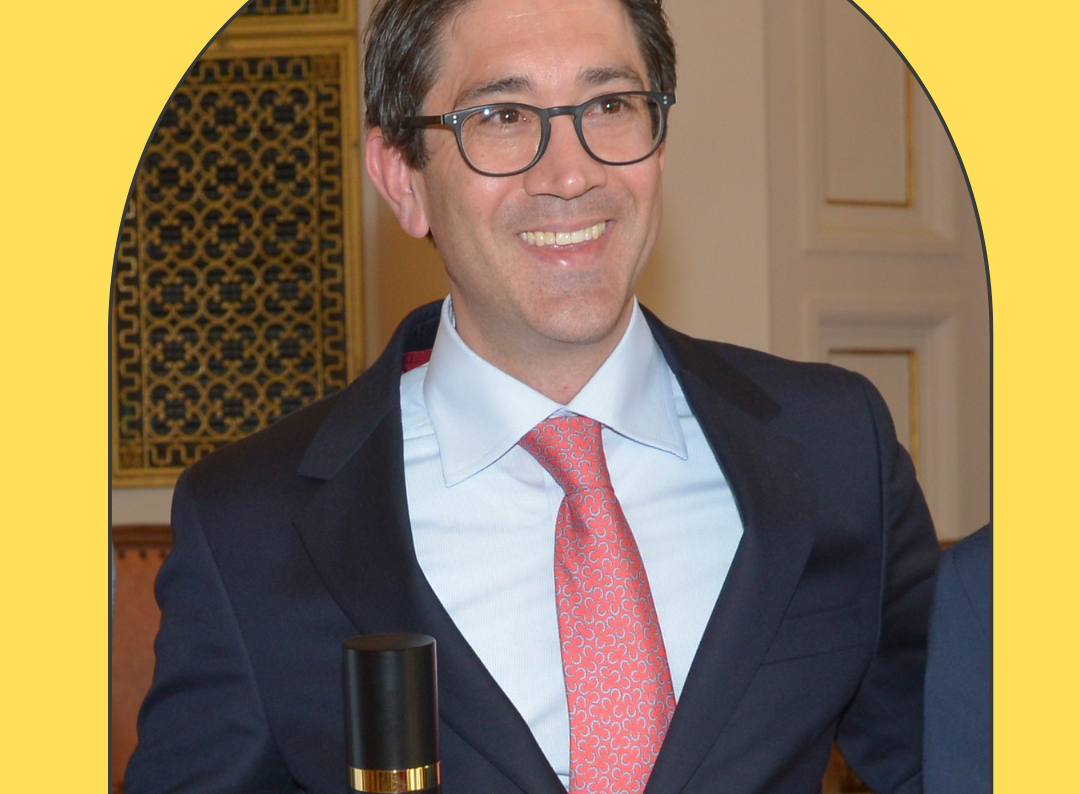The Research Careers Campus Graz showcases people and networks which shape our research environment here in Graz - towards a more collegial, friendly and diverse academia, where all research talents can thrive.
Today, we showcase one of our award-winning PhD supervisors and champion of young research talent, legal studies professor Walter Doralt. Here are his three answers to three questions!
1) How do you support younger researchers and why do you do it?
It depends on what I believe they will find useful (and on how much time I can find), but: If I meet a young researcher at an early stage, I try to find out and incidentally help them find out what they are interested in. This seems trivial, yet, in my experience, it rarely is. Also, I try to help young colleagues finding a topic which will provide new insights but still remains “feasible” to finish within a realistic amount of time. And I usually ask many questions in this context… What is your research interest, what is the research question, why do you want to investigate it, which methods will you deploy, what can you ideally hope to know after completing your work, what questions will be answered which are not yet answered and which skills to you hope to learn or improve on this journey? These would be typical questions I would explore with any young researcher. Why do I do it? First, is part of my job and it is a part I very much like. But more importantly: because I am a curious person myself.
2) What do you personally get out of your engagement as a mentor and supervisor?
Teaching and mentoring as well as supervising is hard work, but it is also (at times) magical and deeply rewarding. When I see how lawyers later “fly on their own” and I have had the privilege to supervise them, it gives me great joy to see how good they often have become at what they do. If in addition they appear to be happy with what they do, it feels like my mission has been accomplished.
3) What would you recommend to colleagues who want to take first steps towards mentorship?
Try to listen first. What a person may need in order to develop an idea is, first of all, a sharp ear with only the occasional nudge or question to get going in the right direction. Also: Pay attention not to underestimate how even great researchers sometimes have ups and downs, triggering a need for moral (and not only technical) support. I have seen promising careers hit a dead end because of a lack of such a support, which sometimes best comes from a supervisor or mentor, rather than from friends or family. Occasionally, a word of reassurance and encouragement such as “you’ve got this” or “you can do it” is all it takes – and that can be done without giving up a professional distance.
Interview: Johanna Stadlbauer, RCC, 22.4.2025
